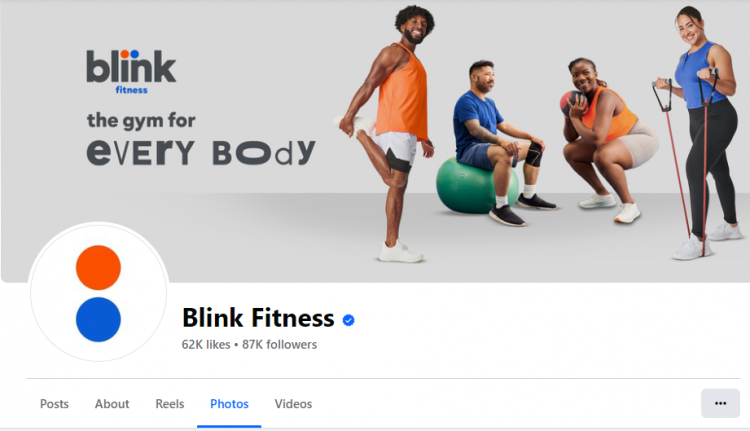Blink Fitness, the budget-friendly gym chain owned by luxury fitness giant Equinox Group, has filed for Chapter 11 bankruptcy protection in an effort to stabilize its finances and position itself for a sale. The move marks another significant ripple in the fitness industry, which has been struggling to recover from the severe disruptions caused by the COVID-19 pandemic.
The New York-based Blink Fitness, which operates more than 100 locations across seven U.S. states, announced the filing on Monday. Despite the bankruptcy, the company assured its members that all gym locations would remain open and that the day-to-day operations would continue with minimal impact. The gym chain has secured a $21 million financing commitment from existing lenders, subject to court approval, to support its operations during the bankruptcy process.
Founded in 2011, Blink Fitness has long promoted itself as an affordable option within the fitness industry, offering memberships ranging from $15 to $39 per month. This pricing strategy positions Blink against larger competitors like Planet Fitness and LA Fitness. Despite its competitive rates, Blink has faced financial challenges that have culminated in its Chapter 11 filing.
In its bankruptcy petition, filed in Delaware, Blink listed assets and liabilities between $100 million and $500 million. The company cited "continuous improvement" in its recent financial performance, with revenue increasing by 40% over the past two years. However, these gains were not sufficient to overcome the financial strain, leading to the decision to seek court-supervised restructuring.
Guy Harkless, Blink Fitness's President and CEO, emphasized that the bankruptcy process would enable the company to find a buyer while continuing to serve its members. "After evaluating our options, the Board and management team determined that using the court-supervised process to optimize the company's footprint and effectuate a sale of the business is the best path forward," Harkless said in a statement.
Blink's current owner, Equinox Group, is known for its portfolio of high-end fitness brands, including SoulCycle, Pure Yoga, and Equinox Fitness Clubs. These luxury brands stand in contrast to Blink's budget-conscious approach. Equinox itself has been maneuvering to strengthen its financial position, completing a $1.8 billion funding round in March that partially refinanced its $1.2 billion debt. Earlier this year, the company even introduced a $40,000 annual membership targeting its most affluent clientele, underscoring its focus on the high-end market.
The fitness industry as a whole has been navigating choppy waters since the pandemic's onset. Many gyms were forced to close or significantly reduce capacity during the early days of COVID-19, leading to a wave of bankruptcies, including prominent names like New York Sports Club, 24 Hour Fitness, and Gold's Gym. While some chains, like Planet Fitness, have rebounded strongly-reporting a 7% year-over-year membership growth in the second quarter of 2024-others, including Blink, have struggled to regain their footing.
Blink's financial struggles come at a time when consumer spending on fitness is under pressure. A recent CNBC/Generation Lab Youth and Money Poll found that nearly half of Americans aged 18 to 34 report spending nothing on exercise and fitness, with only about a third spending between $1 and $50 per month. This shift in consumer behavior poses an additional challenge for mid-tier and budget fitness brands.






